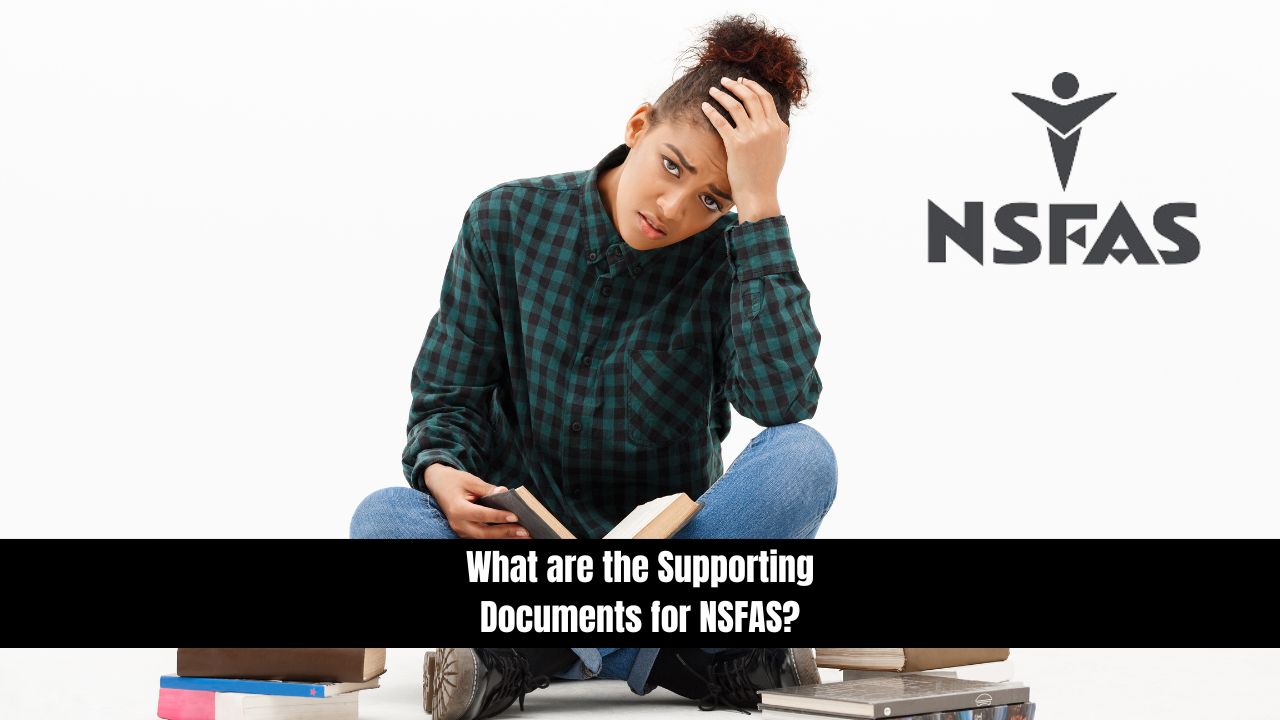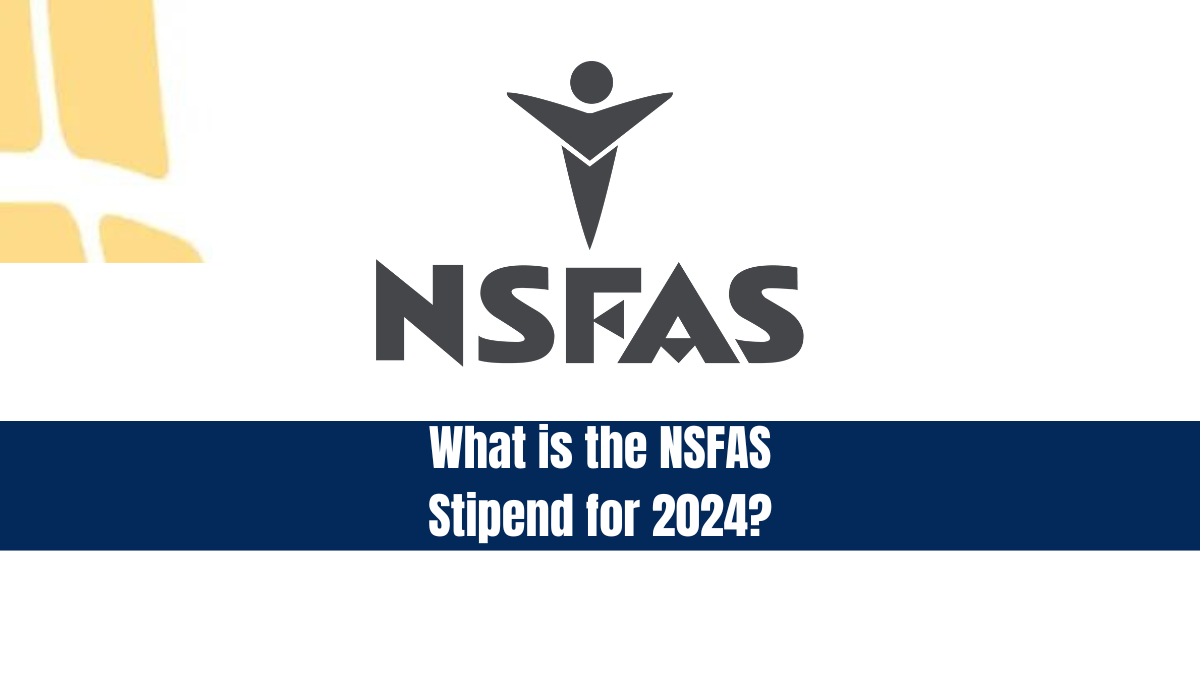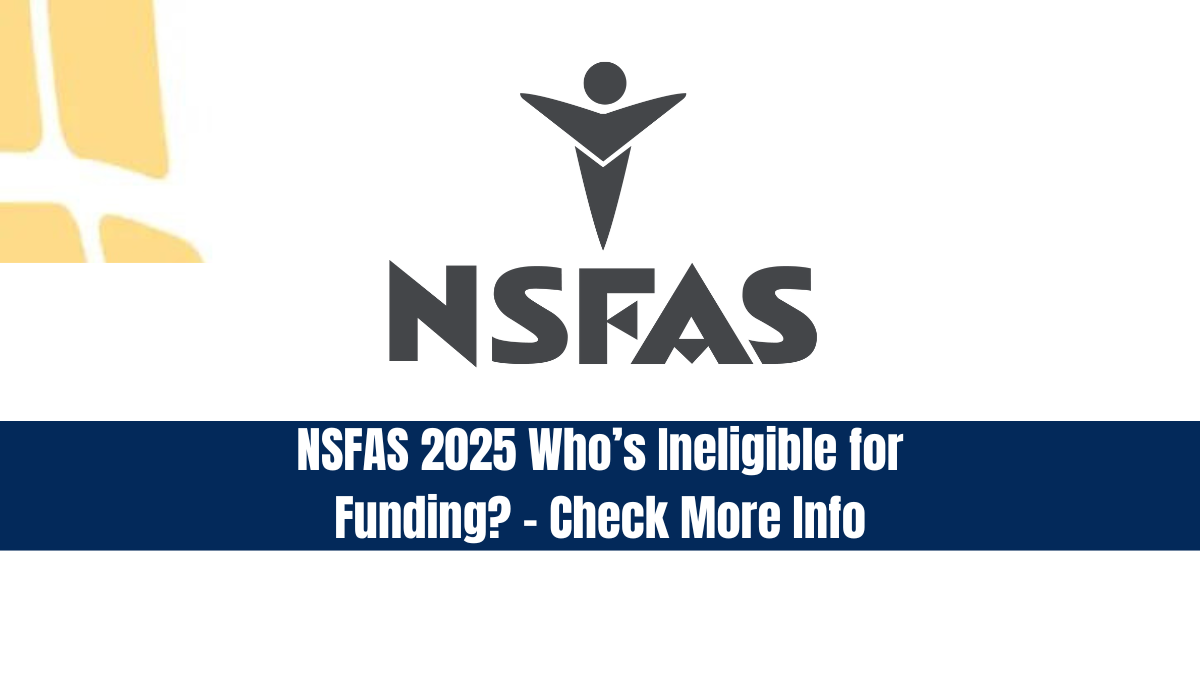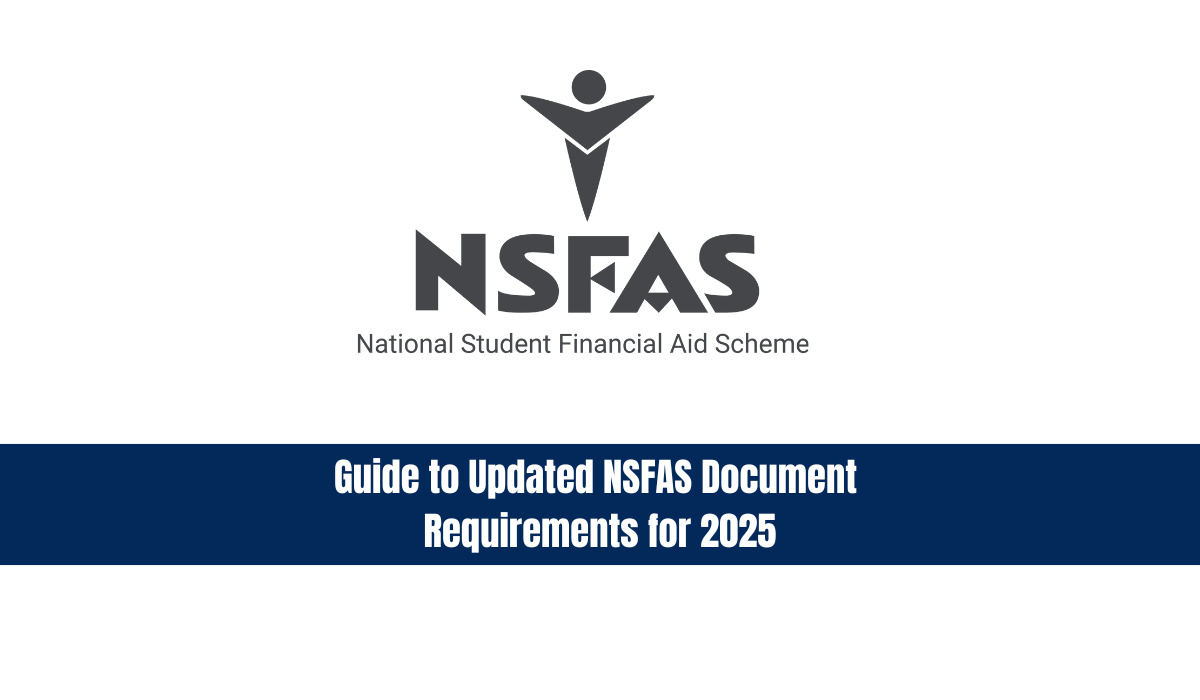What are the Supporting Documents for NSFAS? Aspiring students who are planning to apply for financial support through the National Student Financial Aid Scheme (NSFAS) must understand the importance of providing complete and accurate supporting documentation. Here is an expert guide to what you need to gather to ensure your application is successful.
What are the Supporting Documents for NSFAS?
1. Personal Contact Information
First and foremost, each applicant must provide their personal cellphone number and email address. This is crucial for NSFAS to communicate directly with you regarding your application status and any additional requirements.
2. Identification Documents
You are required to submit a clear copy of your valid identification document. If you are a minor or do not possess an ID card, a birth certificate will suffice. This serves as a primary verification of your identity and age.
3. Family or Guardian Identification
If applicable, provide ID copies of your parents, guardian, or spouse. This helps establish your familial relationships and household structure, which are important for assessing your financial background.
4. Proof of Income
Applicants must submit proof of their own income if they are employed. This generally includes the latest IRP5 form, which outlines your income details for the past financial year. If you are not employed, this requirement does not apply to you.
5. Parental or Guardian Income Proof
Similarly, you need to submit proof of income for your parents, guardian, or spouse. This information is vital to determine your household’s financial status and eligibility for funding.
6. SASSA Grant Recipients
If you are a recipient of a grant from the South African Social Security Agency (SASSA), you are exempt from submitting proof of income. This exemption recognizes the financial circumstances typically associated with SASSA beneficiaries.
7. Disability Accommodation
Applicants with a disability must complete and submit a Disability Annexure A Form. This form is necessary to ensure that any specific needs related to your disability are properly acknowledged and accommodated.
8. Vulnerable Child Declaration
If you are recognized as a Vulnerable Child by the Department of Social Development, it is required to provide a completed and signed Vulnerable Child Declaration and Consent Form. This document is crucial for safeguarding your rights and ensuring that you receive the appropriate support.
Why Accurate Documentation Matters
Submitting accurate and complete documentation is not just a bureaucratic step; it’s critical in determining your eligibility and the amount of financial aid you will receive. NSFAS uses this information to assess your socio-economic status and ensure that funds are allocated to students who genuinely need them. Inaccurate or incomplete documents can delay the processing of your application, or worse, result in a denial of funding.
Final Thoughts
As you prepare your NSFAS application, take the time to gather and double-check all your documents. Remember, the goal is to present a complete picture of your financial and personal situation. By providing everything required, you streamline the review process and increase your chances of receiving the necessary financial support to pursue your educational goals.






